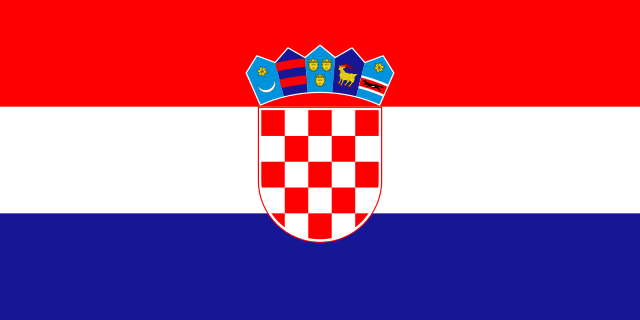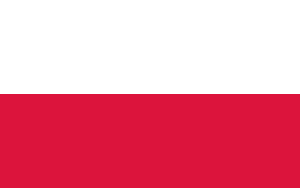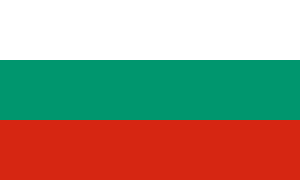Until 2018, several counseling centers were active at the state level under the auspices of consumer protection associations funded by the Ministry of Economy.
Counseling centers had, among other things, counselors specialized in financial services. With the abolition of permanent funding, counseling centers ceased to operate, currently the only option on the market is the Association “Padobran” (Parachute) with a permanent counseling center at the FINA branch office in Zagreb, and temporary counseling centers at five other locations in the country operate as part of the “Leap Out of the Debt” project, which is implemented by a consortium Croatian Alliance of Consumers, Parachute and BE-ON.
BE-ON is the only commercial solution for the reprogramming of financial obligations for citizens, recently co-owned by the Feelsgood Social Impact fund, an investment fund that invests in projects with measurable social impact.
Several laws are directed on the insolvency of over-indebted persons.
The Law on write-off of debts to natural persons (Official Gazette 62/18), which entered into force on July 21, 2018. The law predicted write-offs of the principal of HRK 10,000 per person that citizens owed to the central government (tax obligations) and to local administration.
By the new Act on Enforcement of Funds (Official Gazette 68/18), which entered into force on August 4, 2018, the automatic enforcement of the grounds for payment that were recorded in the Record of the Order of Grounds (“Očevidnik”) has ceased for payment at the expense of the bailiff of a natural person, which have not been collected in full within 3 years from the date of receipt in FINA and for which there have been no collections in the last six months.
A simple consumer bankruptcy procedure is made possible in accordance with the provisions of the Law on Amendments to the Law on Consumer Bankruptcy. By amendments to this law, dated March 2022, the so-called “trial period”, i.e. the period of checking consumer behavior, was reduced from five to three years, in the process of alignment with the legal acquis at the level of the European Union
It should be mentioned that the civil society sector in Croatia is at a very low level of development, especially in the segment of consumer protection, and the main cause of this is insufficient funding from the state, so associations rely on project funding, which cannot ensure the durability of the model, which is crucial for quality advisory services to the over-indebted.
The initiative Padobran runs an informative website about financial and
debt management: https://padobran.hr/peppi/



